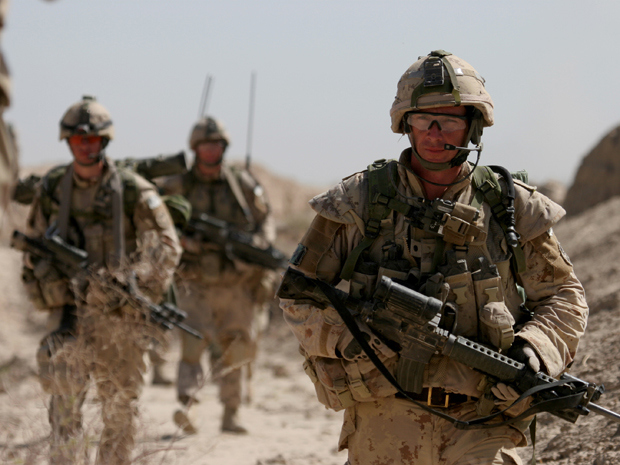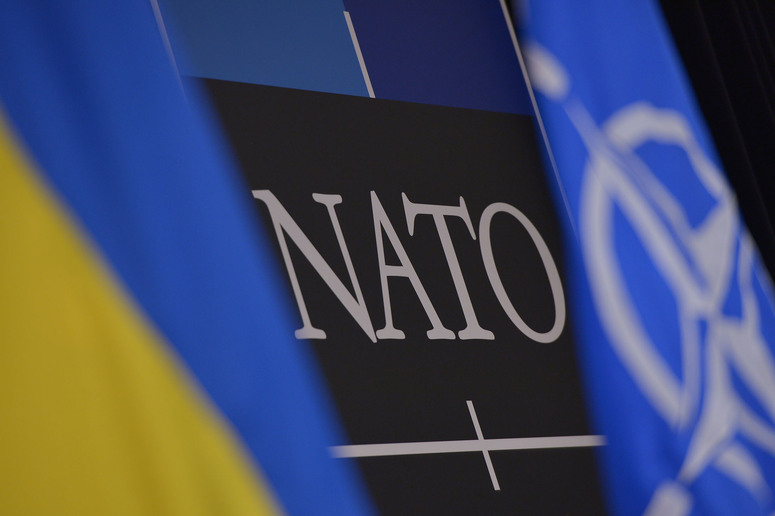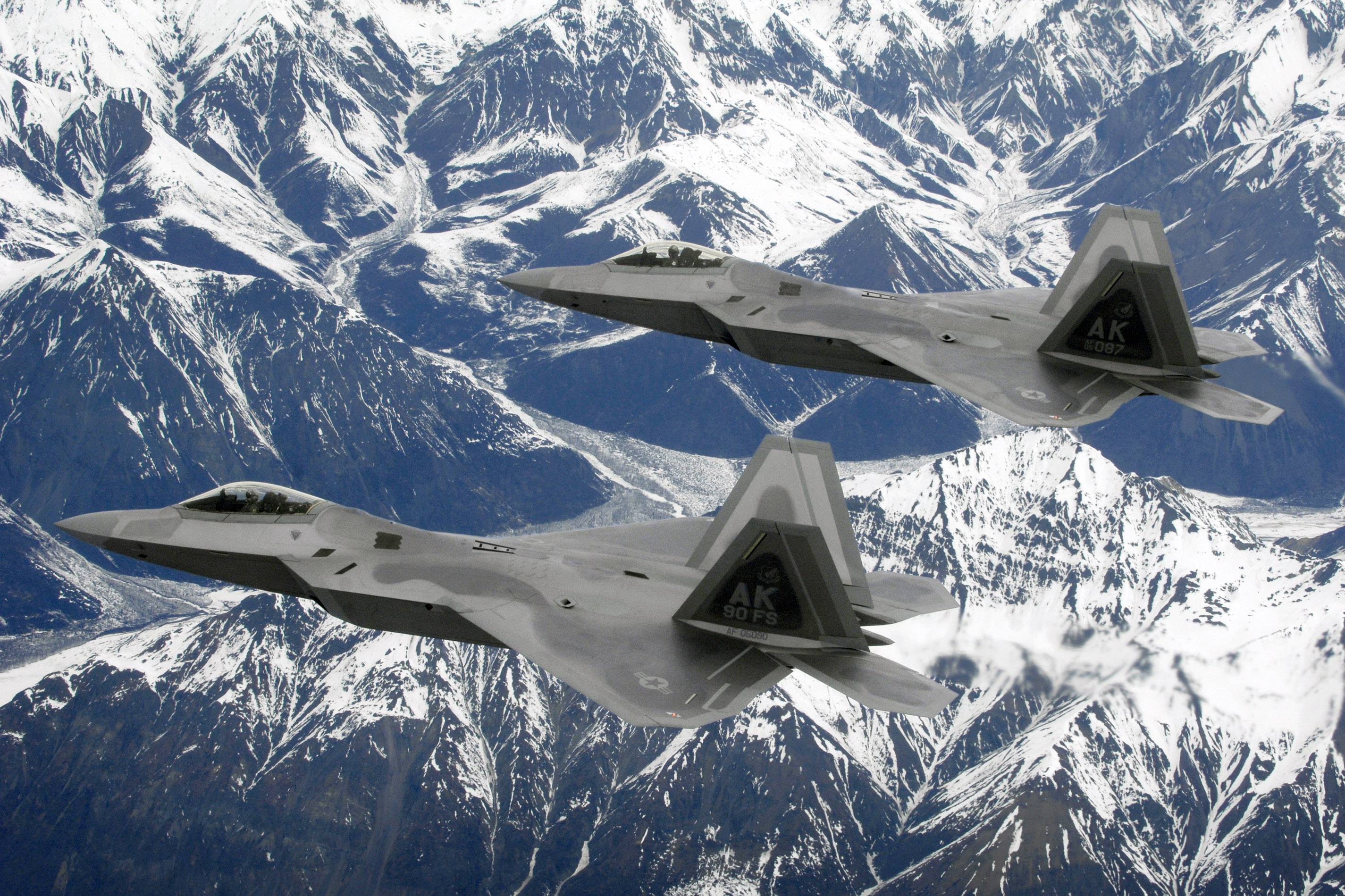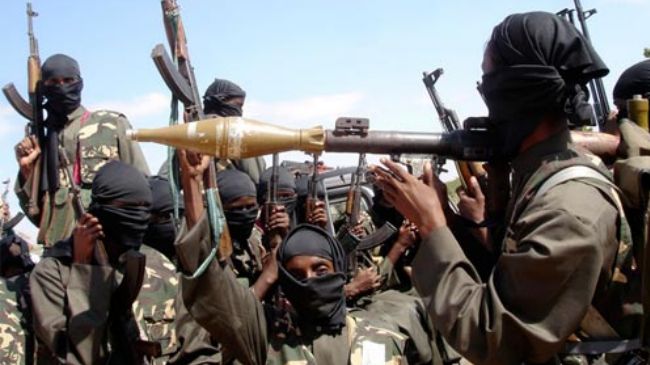In recent decades the Canadian Forces have historically suffered from low recruitment and high rates of attrition, damaging both the image and relative strength of the Forces as a whole. Progress has been made, however, and the last several years have seen a boost in political attention towards both the Primary Reserve and the Regular Force. Backed by positive legislation, work has been done to improve the condition of Canada’s military via concerted recruitment efforts; yet despite these gains there is still a great deal of room for improvement when is comes to revitalizing the Canadian Forces.
It is no secret that the recruitment process is already slow and cumbersome, which serves to highlight how Canada cannot afford to continually lose the men and women it has gone to considerable lengths and cost to train to other careers. Officer training and recruitment already comes at a high cost for the Forces, financially in time spent as well as manpower. This cost of doing business is considered a worthwhile investment and ever increasing targets for recruitment reflect this as the Reserves are legislated to increase in size. Yet despite this investment the Reserve Forces are shrinking.
Combined with the barrier of a slow and often frustrating recruitment process is a lack of retention of all members once their training and initial contract is completed. This compounds the issue as the recruitment process is further stifled by a lack of qualified officers and non-commissioned members able to train new recruits. The unfortunate intersection of these factors is leading to a reduction in strength that if not addressed could prove dangerous for Canada’s international aspirations.
Previous attempts to alleviate critically low retention rates have seen some success, however the CF’s large, experienced long-service demographic cohort is approaching retirement, leaving a void which will ultimately threaten our military’s strategic capabilities. The Canadian Forces needs to focus on addressing this issue now rather than later by dedicating resources to training the next generation of military leaders and holding onto these leaders who are already on active duty.
Research has shown that when Canadian Forces personnel leave service early in their career, their reasons include the requirement to maintain high physical fitness standards, personal and family issues and quite notably, dissatisfaction with their chosen military occupation. Armed with this knowledge we can better understand some of the retention and attrition issues that have plagued the Forces.
One could argue that the methods which have been used in the past to keep recruitment numbers at an acceptable level have contributed or perhaps caused the lack of retention from which the Forces are now suffering. The Regular Officer Training Plan, or ROTP for short, often allows prospective members to have their education paid for while attending a regular, non-military university program, referred to within the forces as a ‘Civvie U’, which is contrasted with a military education program from the Royal Military College of Canada located in Kingston, ON. While ROTP’s function is primarily to fund the education of Canada’s new officers at the Royal Military College, enrolment at RMC is limited and the operational requirements of the Canadian Forces necessitates the training of additional Officer Cadets at alternate locations.
The crux of the argument that past recruitment policies have negatively contributed to the Forces’ staffing levels is that ‘Civvie U’ Officers are much less invested in the Forces by virtue of the fact that they are not engrossed in a military lifestyle during their educational years and therefore are less invested into the military as a long-term career choice. While this is certainly not a hard and fast rule, the fact that the Forces are experiencing a dearth of renewed contracts after the initial mandatory service period almost certainly reflects the lack of commitment that forms the basis of the ‘Civvie U’ argument.
It is a long known fact that the internalization of values and culture in the Canadian Forces is a main factor contributing to retention of officers past the end of their initial contract obligations. This supports the contention that training large numbers of officers at civilian institutions may constitute part of the problem.
Nonetheless, civilian institutions of learning should not be discounted entirely in the preparation of future officers for a life of military service; for many years the Canadian Forces has enjoyed partnership with civilian universities through various other programs in the training of specialized occupations that RMC is not equipped to offer such as Doctors, Dentists and even Pilots.
When it comes to the education and training of the next generation of Canada’s fighting men and women the alternative to bridging the recruitment gap with a civilian ROTP option is troubling. Military purists would suggest that all officer candidates in ROTP should have to attend the Royal Military College in Kingston. Given the other existing issues derailing the recruiting process, this is not a realistic solution as it would serve as another barrier to entry to a military career, potentially pushing away a number of candidates.
The Canadian Forces Recruiting Group is faced with a difficult choice to temper the need for diehard officers with need for fresh recruits. Difficult as it may be to discern the answers to Canada’s Military recruitment struggles, nonetheless these troubles must be solved quickly. A formidable military presence both abroad and at home is the key to ensuring Canada remains secure in its position as a contributing member of NATO, the most powerful alliance in history, as well as maintaining a position of strength when it comes to future negotiations over the sovereignty of Canada’s Arctic.





